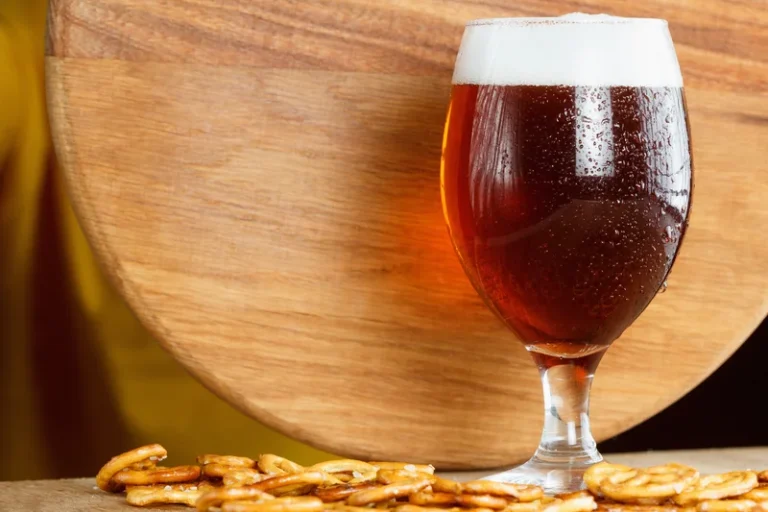
Thus, rather than repressing the past, participants found it useful to keep their history in mind as an impetus to continue on the road to recovery. Methods of cognitive-behavioral skills training also may be influenced by whether therapy takes place in an individual or group context. In coping skills training, group therapy provides a convenient setting for skills modeling, rehearsal, and feedback, and it allows clients to share experiences they have had using the skills that they are being taught. Individual therapy provides greater attention to people for whom group therapy may not be recommended (indications for individual therapy are reviewed by Rounsaville and Carroll 1992). For example, you would experience cognitive dissonance if you are a daily drinker and, at the same time, believe that alcohol is bad for your health and you should stop drinking.
Acquire new information to outweigh the dissonant beliefs.
- For example, you would experience cognitive dissonance if you are a daily drinker and, at the same time, believe that alcohol is bad for your health and you should stop drinking.
- Aversion therapies have been implemented in only a few treatment centers and have not been adopted widely by treatment providers.
- Self-control training may have a goal of total abstinence, but more often it uses a goal of “controlled drinking” for clients who have shorter durations of problem drinking and relatively few alcohol-related problems.
- Christina has volunteered for many years with Flying Doctors, a humanitarian group that provides health services to underdeveloped areas in Mexico and Central America.
- Those with a clear justification for their odd behavior experienced no dissonance and, as one would expect, later reported that the task was rather boring.
Finally, training may be necessary in the development and nurturance of a social support network, which would enhance the likelihood of their maintaining sobriety. Finally, it is unlikely that therapists will be able to identify all the factors relevant to a client’s drinking or anticipate all possible high-risk situations. Therefore, each client should develop a set of emergency plans for confronting any unforeseen situations that may arise. These plans usually include coping skills developed over the course of treatment, such as managing thoughts about alcohol, developing problem-solving skills, and telephoning people in one’s social support network. In addition, clients need to formulate plans for coping with persistent problems that cannot be resolved and are likely to present continuing challenges to sobriety.

Category 2: avoiding contact with substance use relations and milieu
They also are given practice in challenging their thoughts about drinking by reviewing the risks entailed and considering alternative ways to respond to these thoughts. Clients routinely may have tended to resolve problem situations, even when they were unrelated to drinking, in ways that automatically resulted in drinking. Training in cognitive dissonance addiction problem-solving and decisionmaking skills can improve the clients’ ability to cope more effectively and anticipate the consequences of their actions. Cognitive-behavioral theories explain alcoholism as a learned behavior that can be changed using the same behavior modification interventions employed to alter other learned behaviors.
The Effect Cognitive Dissonance Has On Behaviors and Attitudes

His communication skills, organizational abilities and natural ability to form genuine connections with others are among his greatest strengths. At Elevate, we consider and employ various therapies throughout our holistic approach to mind-body-spirit addiction recovery treatment. Often, group therapy nurtures the beginner’s mind because it provides the opportunity to build relationships with and learn from others in both similar and different stages of recovery. When considering and administering therapy for addiction recovery, it’s essential to evaluate different therapeutic methods.
It’s impossible to avoid cognitive dissonance entirely, but reducing or resolving it helps you get over that mental stress and tension. “In any instance where our beliefs are inconsistent, we essentially have a really profound psychic discomfort, and we must act in a way that resolves that conflict,” Dr. Johnson says. Encountering these types of advertisements frequently can lead to stress if you do take the messages at face value. For example, say you’re committed to living a healthy life, but you slack off and sub your usual 45-minute workout for a Netflix binge and a pint of ice cream. When the dissonance sets in, you may feel conflicted, guilty, and like you’ve failed on your healthy-living goals.
Antecedents of Drinking Alcohol
- But because assessing all the strategies is nearly impossible, it would be more interesting to examine the factors influencing the choice of regulation.
- The results indicate that information overload, service overload, and user addiction positively impact users’ cognitive dissonance, which, in turn, leads to discontinuous usage intention.
- She also gives her time to Tara Home, an end of life/hospice care home at Land of Medicine Buddha in Soquel, Ca.
- The relation between inconsistency and CDS is more than a presence-absence relation and it forms a main axiom of CDT.
- Specifically, qualitative methods are suitable to provide a route to understanding the experiences, meanings and perceptions of individuals in a complex social environment (Sparkes and Smith, 2014).
One complication in treating those with alcohol problems can be the clients’ inability to implement the changes specified in a treatment plan because of their behavioral deficits. That is, these clients may never have acquired the appropriate coping behaviors or skills, or, having learned them at one time, they cannot retrieve the skills either from lack of practice or from some inhibition. Whatever the reason for them, behavioral deficits are considered to be a significant obstacle to recovery from alcoholism (Miller and Hester 1989). Luckily, many treatment resources are available to help make this transition a bit easier. Drug and alcohol detox is designed to help clients manage withdrawal symptoms effectively and comfortably, laying a crucial foundation for the subsequent stages of addiction treatment.

- It would help the field if data were collected with fully informed standardized designs and were accessible, thus allowing researchers to reach a sufficient amount of observations to fully understand the process.
- This approach to treatment is similar to coping skills training and employs many of its methods.
- While these different views co-exist in the literature, there has not been a clear debate yet on the nature and the specificity of the CDS.
- We may have dozens of cognitions of which we are at least dimly aware at any moment in time and innumerable more of which we can become aware, once our attention or memory is set in motion.
